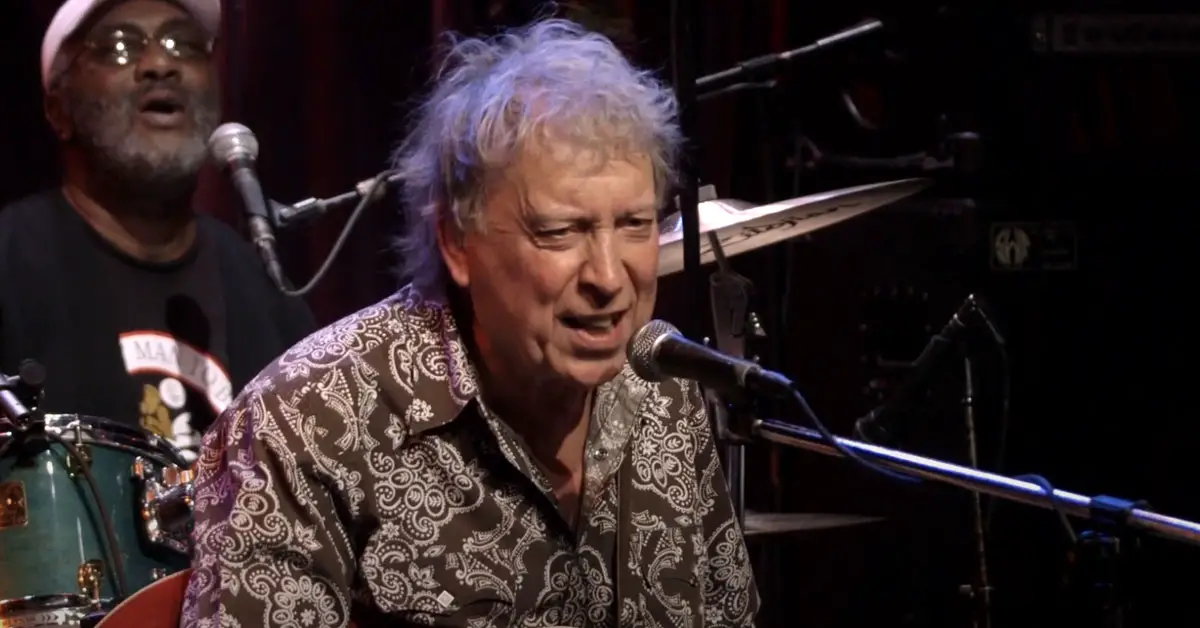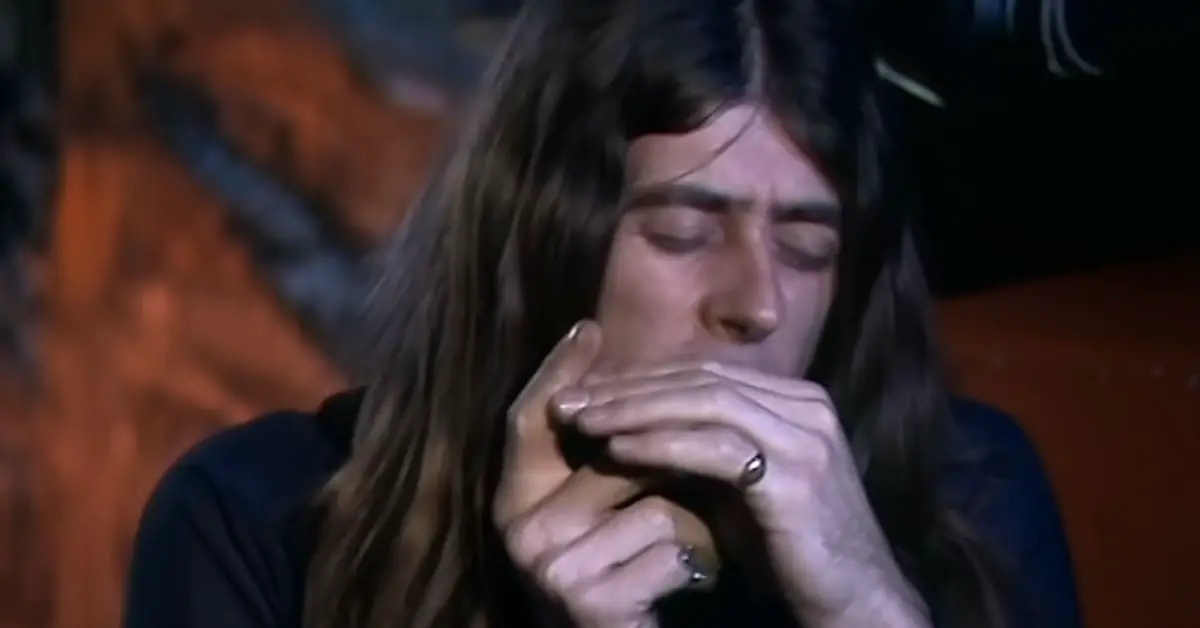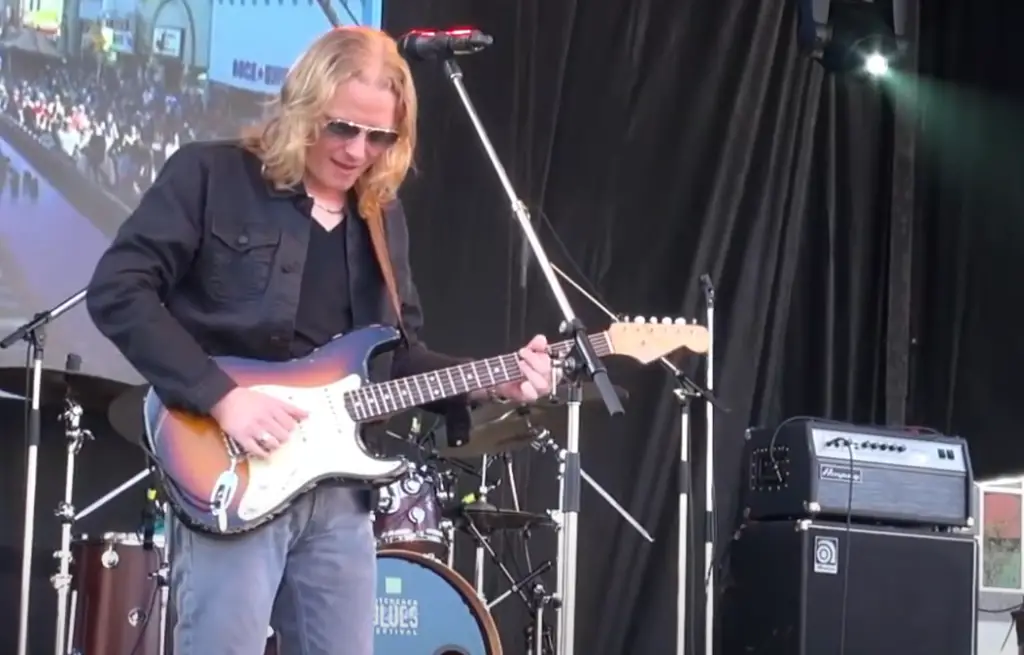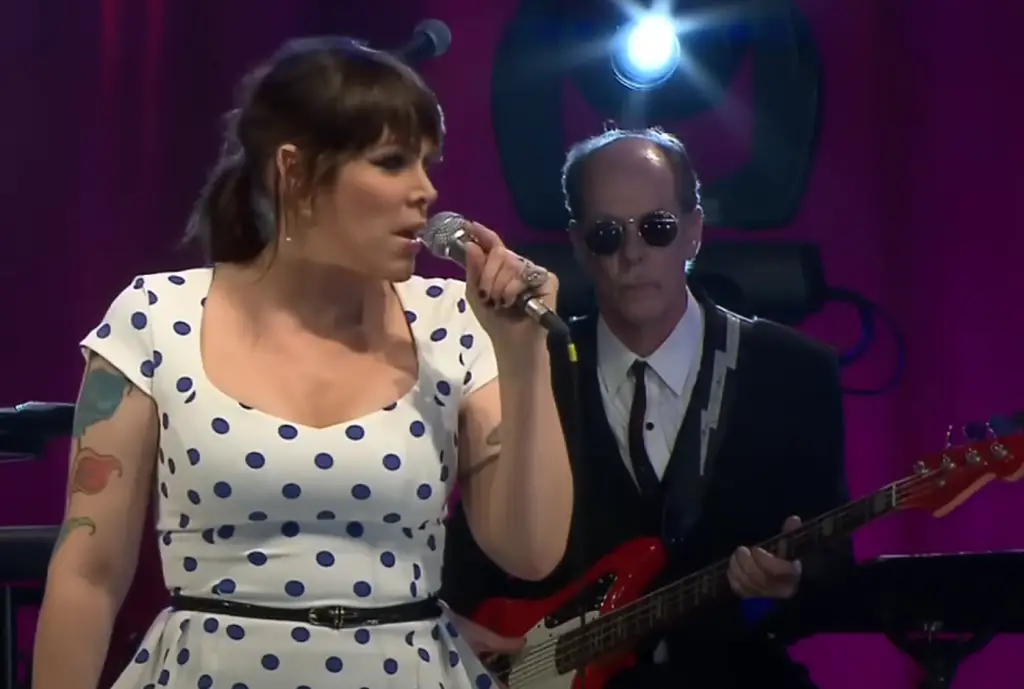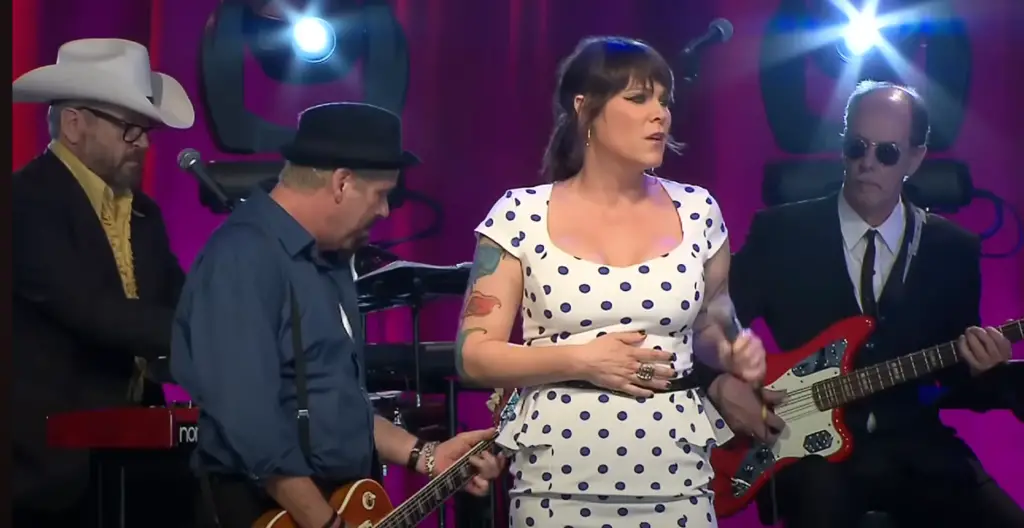Elvin Bishop: The Blues Guitarist Who Brings the Laughs
Elvin Bishop is a name that resonates with blues enthusiasts and casual listeners alike. Known for his masterful guitar skills and infectious sense of humor, Bishop has carved a unique niche in the music world. From his early days with the Paul Butterfield Blues Band to his solo career, Bishop’s blend of soulful blues and witty storytelling has captivated audiences for decades.
Early Life and Musical Beginnings
Born on October 21, 1942, in Glendale, California, Elvin Bishop spent his formative years on a farm near Elliott, Iowa, before moving to Tulsa, Oklahoma, at the age of ten. His passion for music ignited during his teenage years, leading him to the University of Chicago in 1960, where he majored in physics. However, the vibrant Chicago blues scene soon became his true calling.
In 1963, Bishop met harmonica player Paul Butterfield, and together they formed the Paul Butterfield Blues Band. As the band’s lead guitarist, Bishop contributed to their distinctive sound, blending traditional blues with rock influences. His tenure with the band lasted until 1968, after which he embarked on a solo career.
A Solo Career Filled with Humor and Soul
Elvin Bishop’s solo career showcased his ability to infuse humor into his music without compromising its emotional depth. His 1975 hit, “Fooled Around and Fell in Love,” featuring vocalist Mickey Thomas, reached No. 3 on the Billboard Hot 100 chart and remains a classic to this day. This song exemplifies Bishop’s knack for storytelling and his ability to connect with listeners on a personal level.
Throughout his career, Bishop has released numerous albums that highlight his playful lyricism and bluesy guitar riffs. His 2014 album, “Can’t Even Do Wrong Right,” received critical acclaim for its blend of humor and traditional blues elements. Tracks like the title song showcase his witty take on life’s misadventures, solidifying his reputation as a bluesman who doesn’t take himself too seriously.
Collaborations and Accolades
Elvin Bishop’s contributions to music have not gone unnoticed. In 2015, he was inducted into the Rock and Roll Hall of Fame as a member of the Paul Butterfield Blues Band. The following year, he was inducted into the Blues Hall of Fame as a solo artist. These honors reflect his impact on the blues genre and his influence on generations of musicians.
Bishop has collaborated with a plethora of renowned artists, including B.B. King, John Lee Hooker, and Clifton Chenier. His work with Charlie Musselwhite on the album “100 Years of Blues” earned a Grammy nomination, further cementing his legacy as a blues icon.
The Man Behind the Music
Beyond his musical talents, Elvin Bishop is known for his down-to-earth personality and quick wit. His stage presence is characterized by engaging storytelling and a genuine connection with his audience. Whether he’s sharing anecdotes from his life or delivering punchlines between songs, Bishop’s performances are as entertaining as they are musically impressive.
Despite personal tragedies, including the loss of his daughter and ex-wife in 2000, Bishop has continued to bring joy to his fans through his music. His resilience and ability to find humor amidst hardship are testaments to his character and dedication to his craft.
Conclusion
Elvin Bishop’s fusion of blues guitar mastery and comedic flair has made him a standout figure in the music industry. His contributions have not only enriched the blues genre but have also brought smiles to countless faces. As he continues to perform and share his stories, Bishop remains a beloved artist whose legacy is defined by both his musical prowess and his hearty laughter.
Thank You
We appreciate your time and dedication to reading our article. For more of the finest blues guitar music, make sure to follow our Facebook page, “I Love Blues Guitar”. We share exceptional selections every day. Thank you once again for your continued support and readership.


